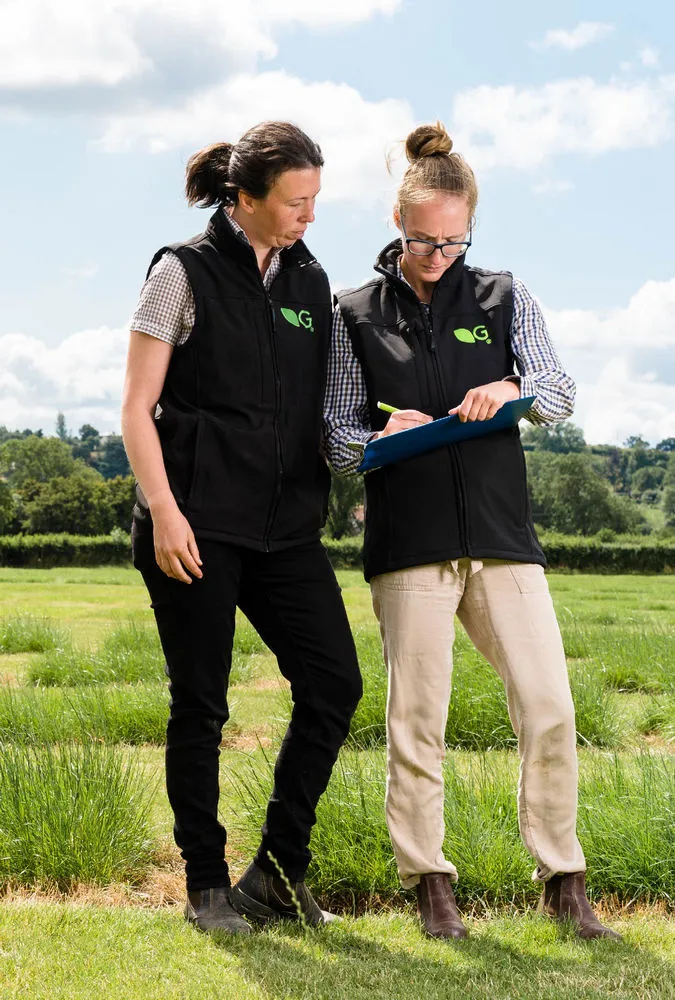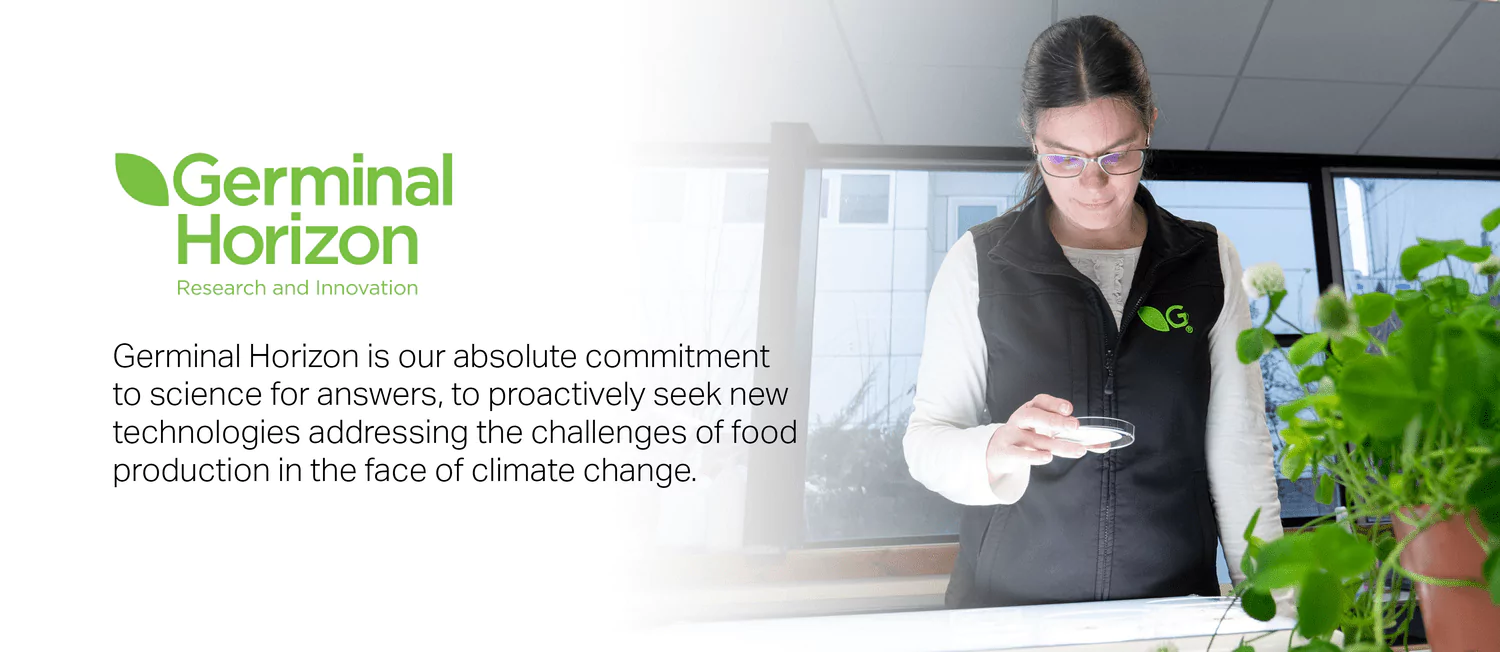
The sustainable way forward
Food production will be increasingly impacted by climate change – from the increased frequency of droughts, storms and other extreme weather events.
Food production is in turn a major contributor to greenhouse gas emissions as well as to water scarcity and wider biodiversity issues. Increasing demand for food and pressure on finite resources means more food will need to be produced with less. R&D investment in sustainable food production is key to finding solutions for a growing global population.
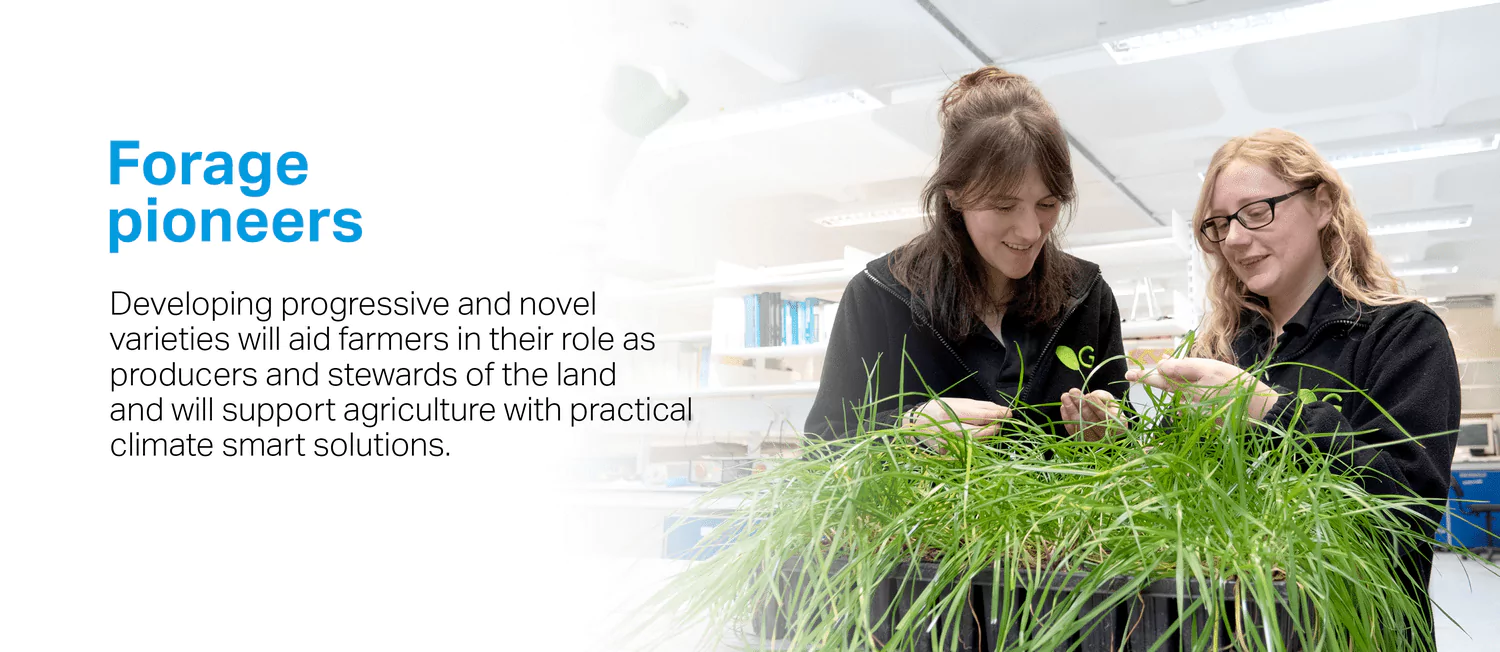
Research projects
Capturing carbon
Stronger and deeper rooting grasses and clovers
Disease and pest resistance
More resilient grasses and forage legumes
Climate benefits
Drought resistance/flood control
Improved tolerance
Long-term carbon storage
Nutrient efficiency
Grasses with greater yield per unit of nitrogen applied
Clovers which require less applied phosphate
Climate benefits
Reduction in nitrogen use
Improved water quality
Reducing emissions
Aber High Sugar Grasses
Aber High Lipid Grasses
Climate benefits
Reduction in methane and ammonia
Reduction in methane
Productive homegrown forage
Resilient forage legumes
DoubleRoot hybrid clover
Unique stoloniferous red clovers
Clover species high in tannins
Climate benefits
Pest and disease resistance
Reduction in application of mineral nitrogen
Greater grazing tolerance
Safer animal grazing
Germinal Horizon research sites
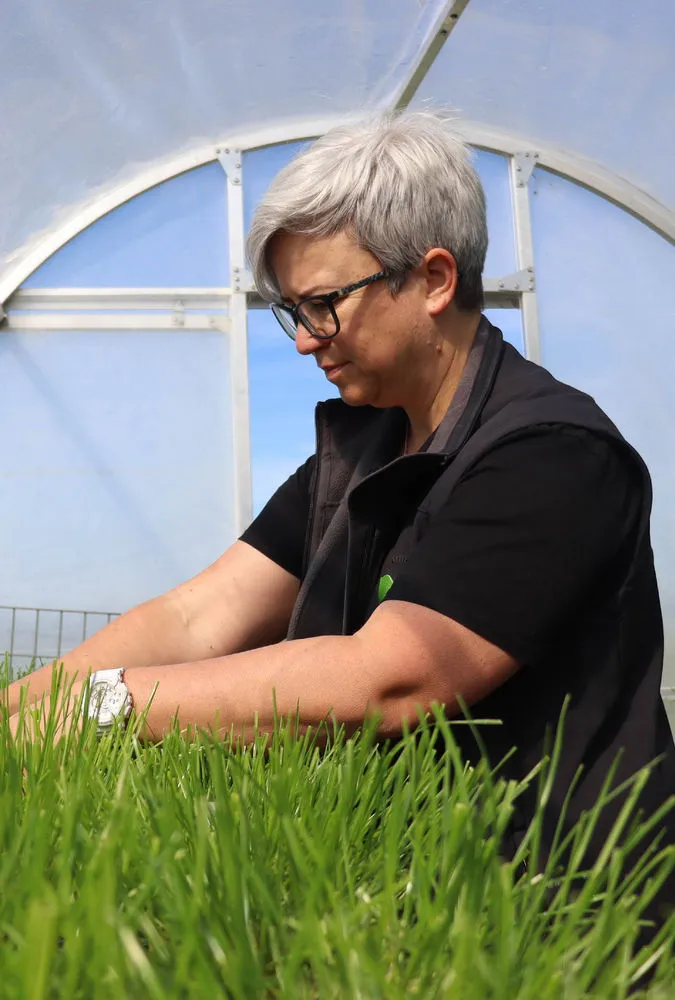
Germinal Horizon Broadfield
Broadfield, NZ
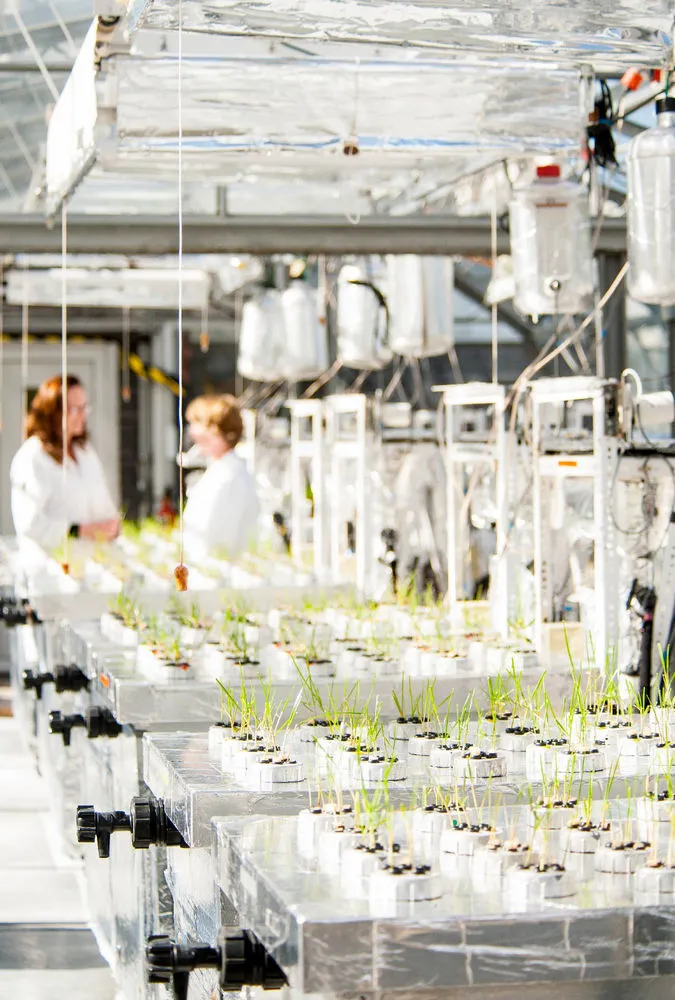
IBERS, Wales
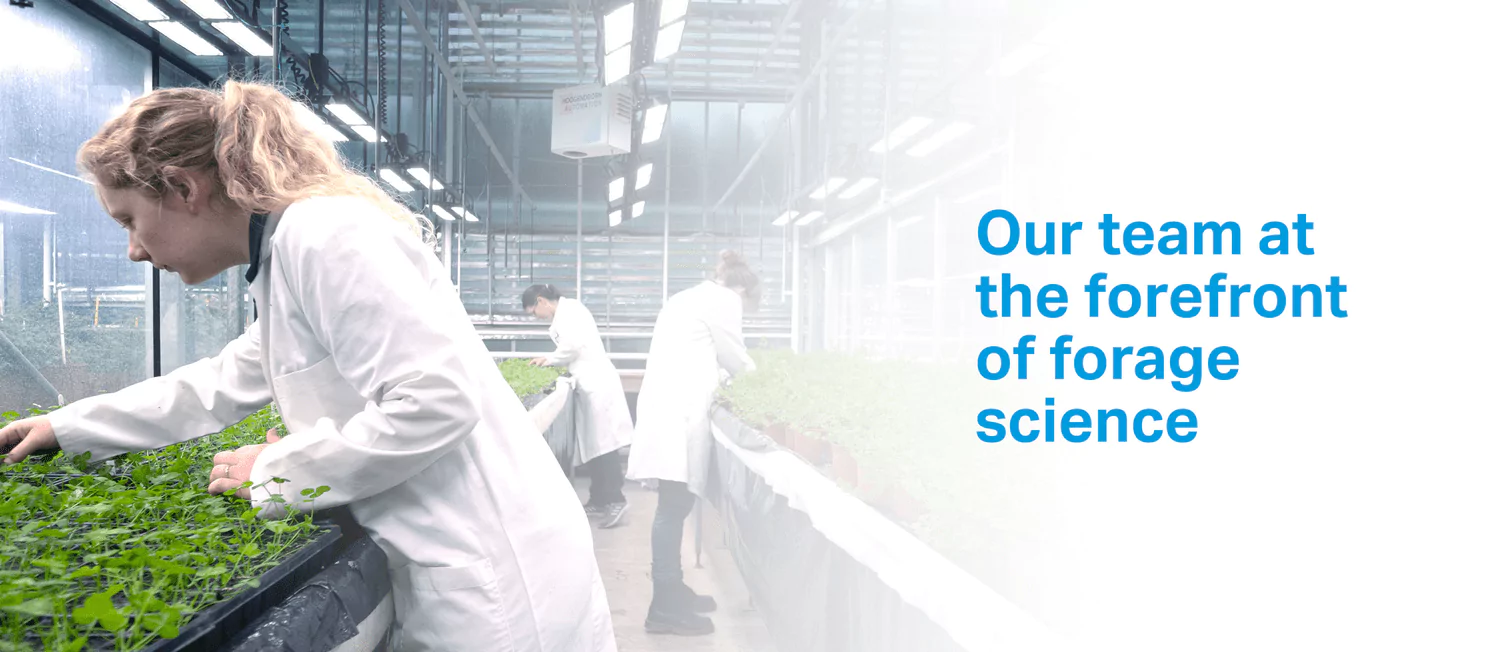
Continue the conversation
"Agriculture is important – we need to grow and operate in harmony with the environment."

William Gilbert
Group Managing Director

Paul Billings
Managing Director, Germinal
GB & IRE

Simon Larsen
General Manager, Germinal NZ
More than research: Our future, our legacy
Interested in building a sustainable partnership with Germinal?
Please enter your details below and one of our Horizon team will contact you.

